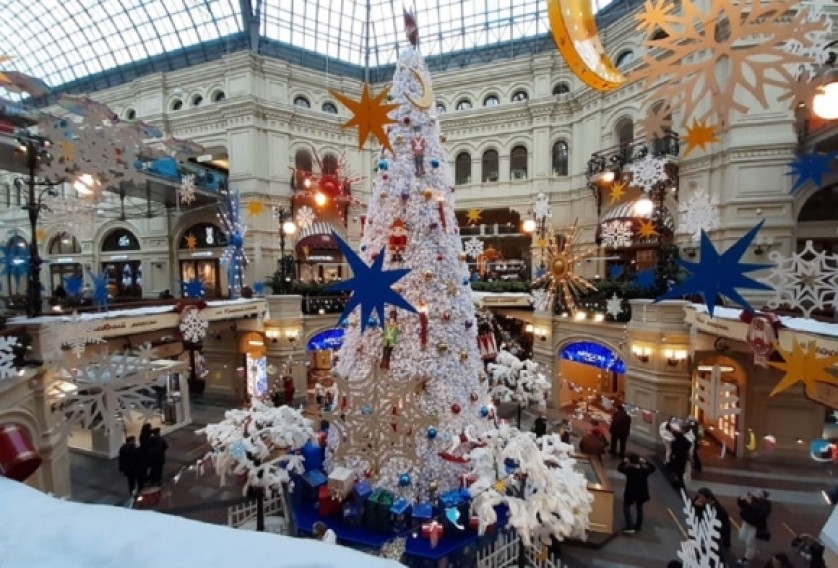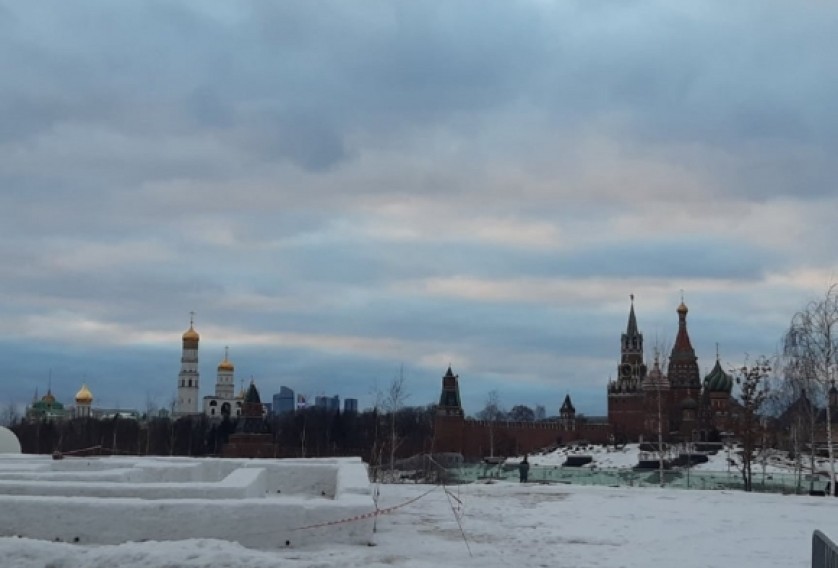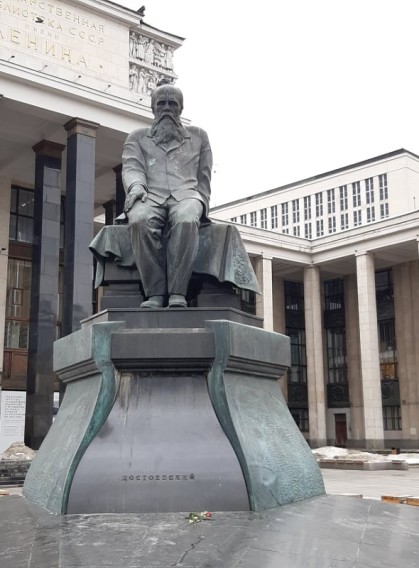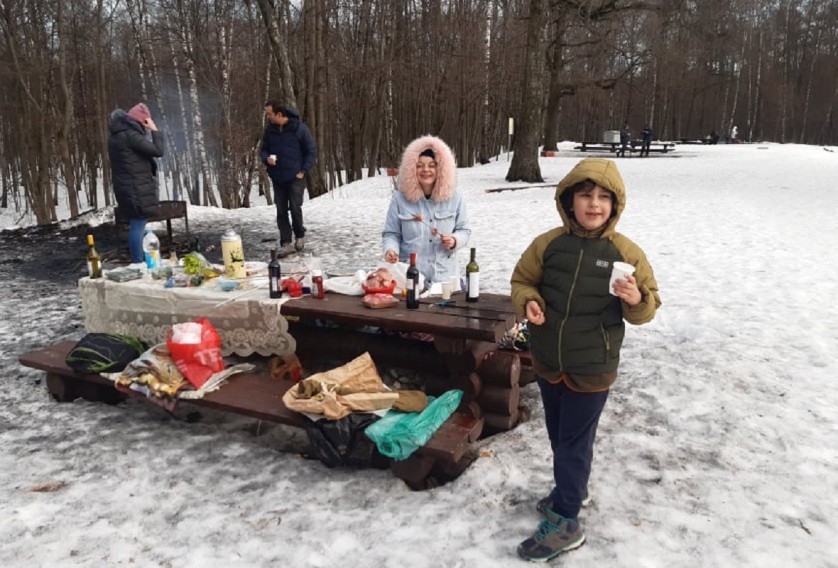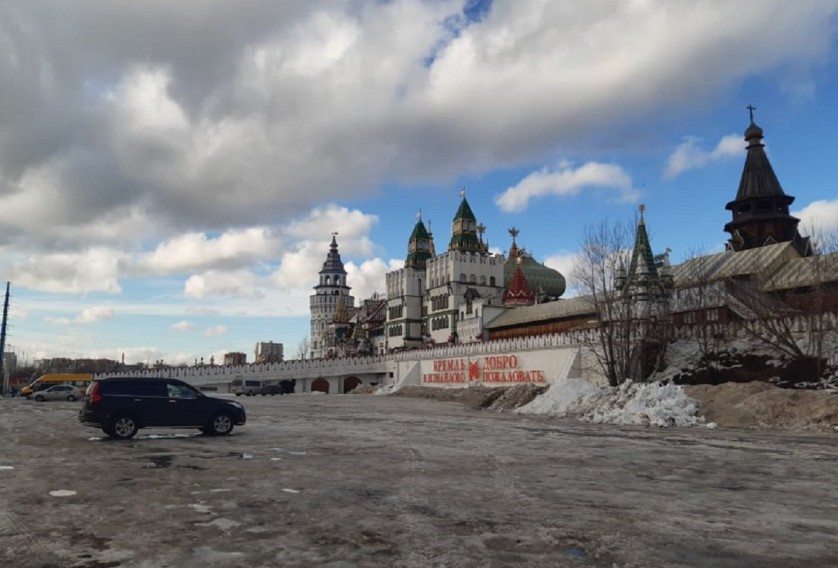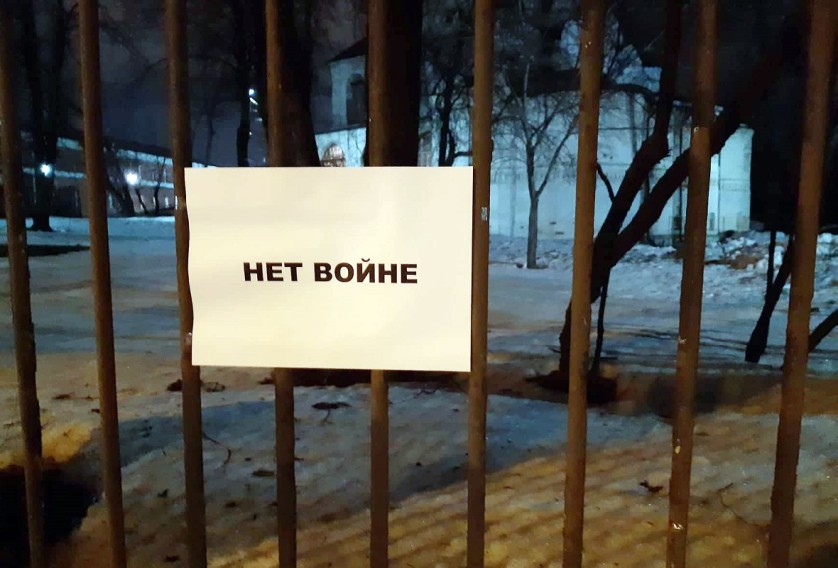Tatjana Hardikov
Already when I arrived at Moscow’s airport, I quickly realised that my stay in Russia would be emotional and nostalgic. I had been in Russia several times when I was a child – at that time still to visit my grandparents who lived a simple life in a small house in a very rural ambience near St. Petersburg. My father had left Russia in the 1970s to seek a better life in the West. During the time I spent in Moscow I have come to understand that well in spite of the many years that have gone by and you might assume that everything should be much better.
Moscow is a huge city. My father told me that Moscow used to be called the “big village” in Russia. After seeing how one enormous district follows upon another in a relatively haphazard manner, I was able to see the reason why. The city centre around the Red Square is generally in good condition, but somewhat dusty as if time had stopped at some point. The old, well-maintained splendour was touching and beautiful at first, but after a while I missed new additions and I felt constricted.
The studio at the Fabrika is spacious and you can work very well there. Instead of windows it has skylights that provides for a nice daylight atmosphere in the studio. In January, however, they were covered by snow for weeks so that the studio stayed dark also during the day. Over time, I got used to it and when the weather became very sunny in February and the snow had molten, the studio was shining in new splendour. I could see how great it would be in spring and summer. Unfortunately, I was not able to experience that for myself. Towards the end of January, there were more and more reports on the news that Russia planned to attack Ukraine, which I naively ignored. In late February, it happened all the same. On Thursday, 24 February, after the first attack, I had a meeting with the Fabrika’s curator that had originally been scheduled to plan my exhibition. Circumstances, however, prevented that. She appeared shell-shocked and switched off her mobile phone while we talked openly. The situation did not get better during the next few days, news reports came thick and fast and, feeling unsettled, I booked a return flight to Vienna for Sunday. From Saturday, 26 February on, I was no longer able to use my debit card and on the day of my planned early departure, my flight was cancelled. My adventurous trip back home took me via St. Petersburg and Wyborg to Helsinki and Riga and finally to Vienna.
Back home, I was also paralysed with shock for days. What had actually happened and why? Suddenly, the war had become so real. I feel sorry for the people in Ukraine as they suffer the directconsequences. I have not met anybody in Russia who did not feel the same.
I regret that Russia, a country with so much potential, lives in a routine of oppression.
For me, Moscow is like a love affair that ended without any opportunity for a final talk.
| 1. | My stay in one word: |
| At home | |
| 2. | Dos & don’ts in this place: |
| Always behave calmly and properly, do not chat up strangers and do not be all too forthright. | |
| 3. | Things I miss since I am no longer there: |
| The studio | |
| 4. | Where to shop great supplies: |
| Krasnyi karandash | |
| 5. | What you should definitely bring with you from home: |
| Books. | |
| 6. | Concerning art at this destination and where I visited the best exhibitions: |
| The New Nature exhibition of the Recycle Group at the Winzavod if you prefer contemporary art. | |
| 7. | Around the studio – where I shop, drink my coffee and get the best lunch deal in walking distance: |
| The numerous self-service canteens all over the city (even at the Gum) where you can get good and healthy food for little money. There are lots of shops. | |
| 8. | Where I like to spend the evening (dinner, drinks, best sound and networking opportunity): |
| At the studio. | |
| 9. | What would have been useful to know before coming here and starting my residency: |
| That there is hardly any exchange in-house and you are very much left to your own devices. |
Website resident: tatjanahardikov.com

